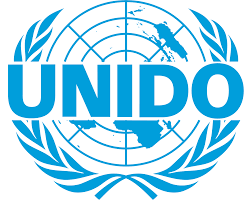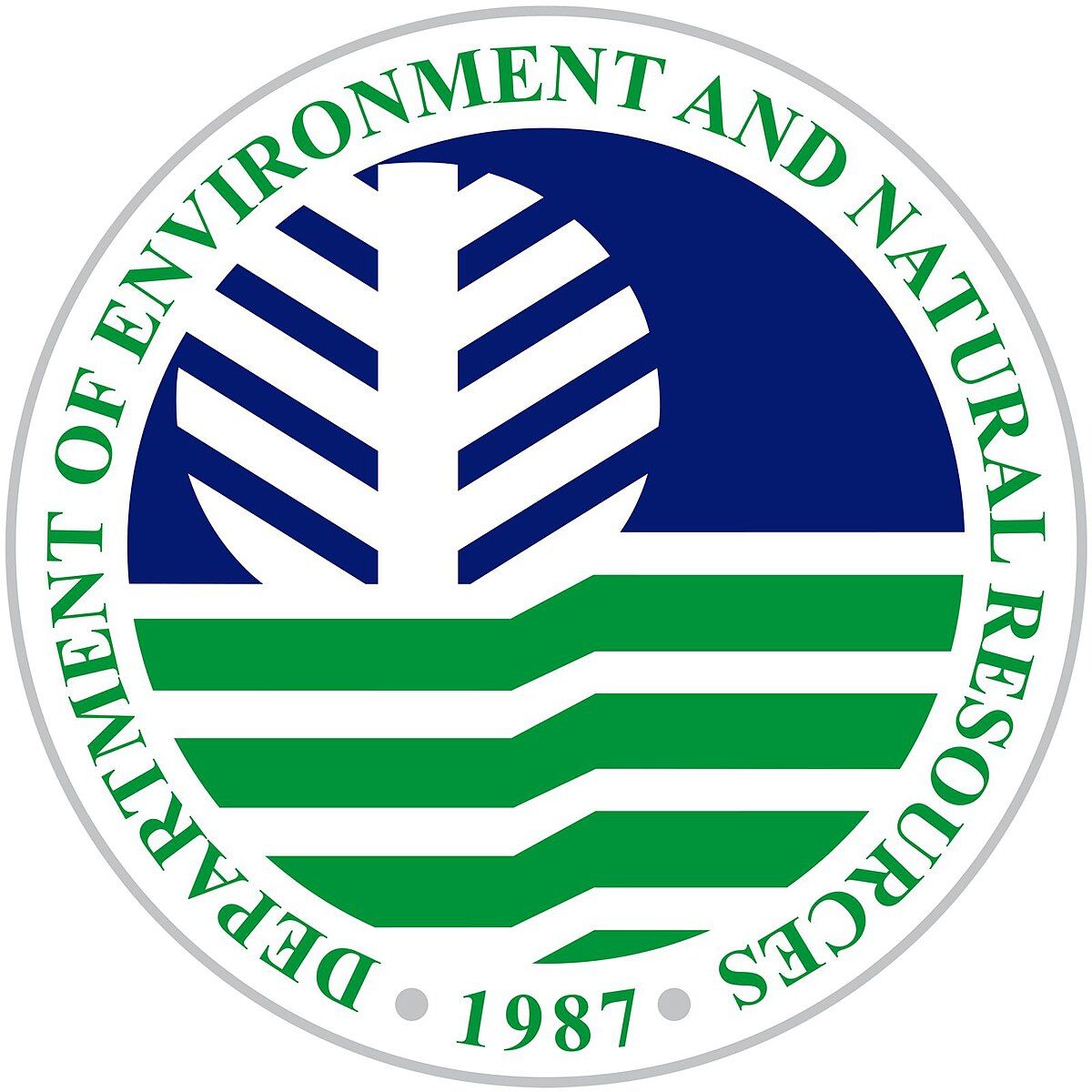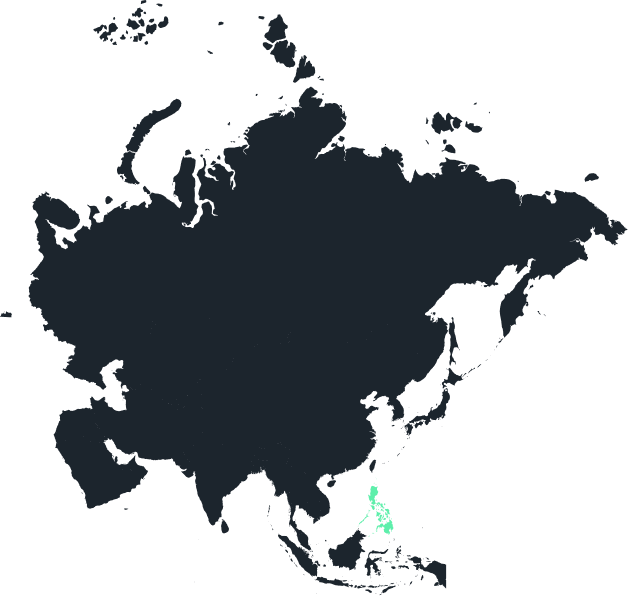Philippines - Plastic Reboot
Philippines
GEF ID:11194
Project Overview
In the Philippines, single-use plastics represent a predominant portion of the plastic waste stream. Food and Beverage (F&B) packaging represents the biggest fraction of the single-use plastics used in the country, with associated plastic waste generation reaching around 3.5 million tons per year.
The country has already taken a number of legislative steps, including a regulation on extended producer responsibility (EPR). However, as of the seven-month mark since the law's implementation, only a fraction of enterprises has submitted their EPR plans as required. The identification of NonEnvironmentally Acceptable Products (NEAP) is also lagging behind, as after 20 years after its promulgation, only 2 single-use-plastic items (straws and coffee stirrers) have been categorized as NEAP and banned.
Project Components
Plastic Reboot’s Philippine Project contributes to the objectives and framework established by Plastic Reboot’s Global Project, by systematically addressing the issue of plastic pollution in the Philippines. The Philippine Project undertakes activities in three areas:
Enforcement and improvement of the regulatory framework with specific reference to the EPR and NEAP regulations, both at national or local government unit level;
Promoting the avoidance upstream of single-use plastic in the F&B sector, by enhancing multiple use (reuse) or direct avoidance of plastic packaging, through positive changes in the relevant sectors (supermarkets, restaurants, hotels);
Promoting positive behavioral change and development of circular economy approaches with enhanced recycling capacity funded under EPR scheme and bilateral support.
Plastic Reboot’s Philippines Project will be implemented in Luzon, Visayas and Mindanao Islands and will fully engage the F&B sector across its value chain.
Global Environmental Benefits
The project is expected to achieve the following:
355,105 MT of plastic waste avoided
852,250 MT of CO2e prevented
21.3 gTEQ of unintentional persistent organic pollutants (UPOPs) emissions to air reduced
50,000 direct beneficiaries disaggregated by sex
Partners

GEF

UNIDO

PCX Solutions Organization






